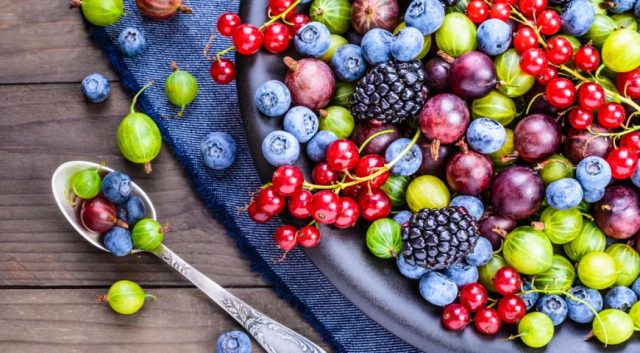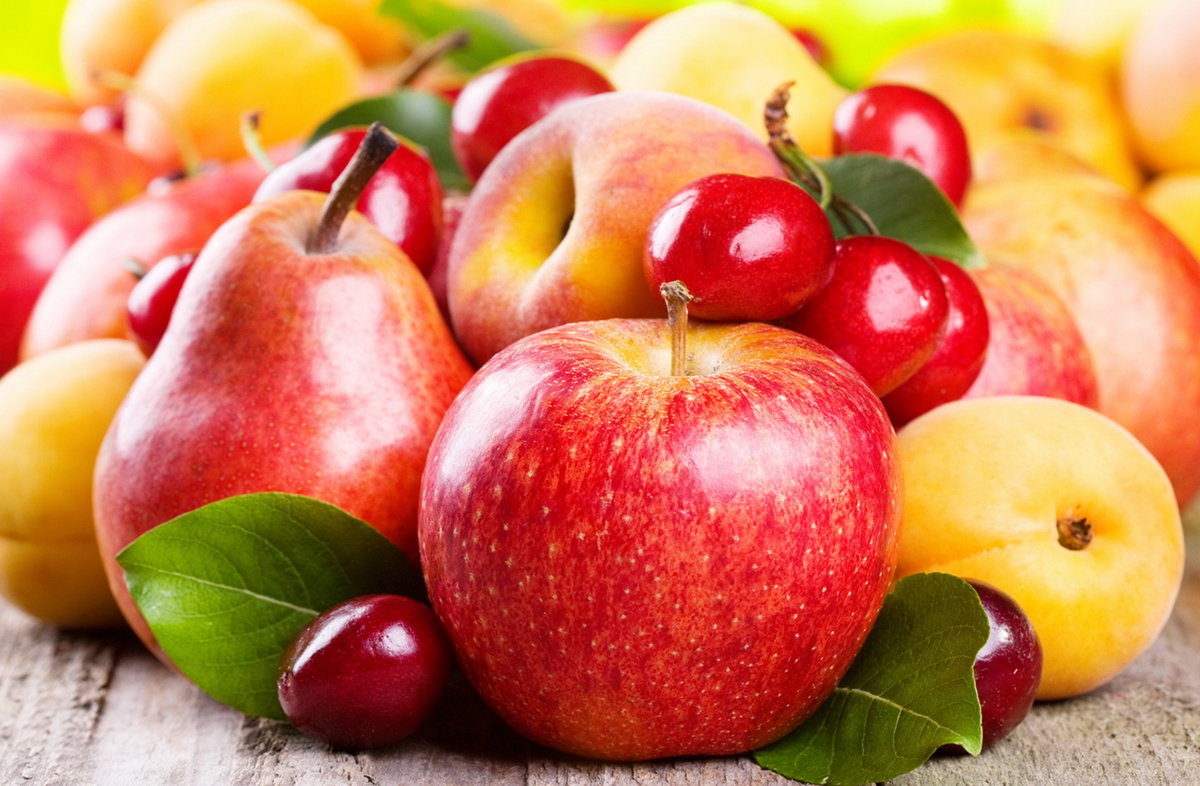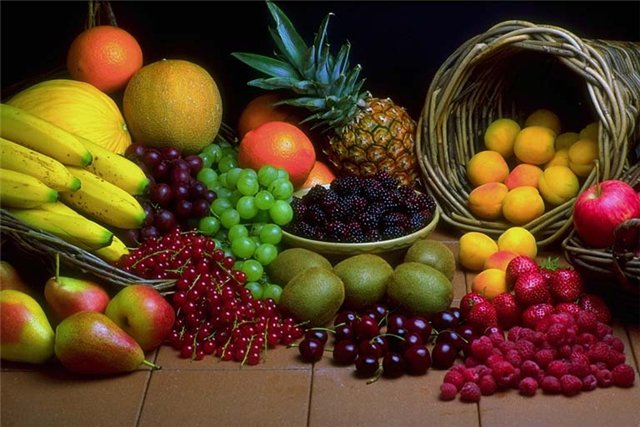






Amount of vitamin C in fruits and vegetables using a variety of fertilizers, mg/100g
| Crops | Vermicompost | Manure + NPK |
| Apples | 32 | 5 |
| Tomatoes | 54 | 25 |
| Potatoes | 48 | 15 |
| Pepper sweet | 220 | 150 |
| Beans | 43 | 10 |
| Carrot | 22 | 4 |
| Pears | 28 | 4 |
| Strawberry | 90 | 52 |
Vermicompost using for growing different crops, you will have a biologically pure product. Crops grown using a vermicompost contain a minimum amount of nitrates.
| Crops | Chemical fertilizers | Manure | Vermicompost |
| Cucumber | 273 | 70 | 5 |
| Tomatoes | 83 | 37 | 8 |
| Cabbage | 280 | 140 | 128 |
| Onion | 120 | 60 | 36 |
| Pepper | 75 | 38 | 10 |
| Carrot | 480 | 111 | 37 |
The produced extract from vermicompost is a bio stimulant for the growth and development of plants. Contains:
Contains in a well-balanced and EASILY DIGESTIBLE FORM ALL SUBSTANCES NECESSARY FOR PLANT NUTRITION. A large amount of macro-and micro-nutrients directly absorbed by plants is accumulated, there are a number of growth substances, vitamins, natural antibiotics, 18 amino acids and beneficial micro flora. At a pH of 9.5 - 9.9, the microorganisms are in an anabiotic state, and when diluted with water, the extract acquires a pH level of water and the microorganisms become active.
The extract has the ability to provide plants with biological protection and accelerate growth and development. This is possible thanks to a complex of micro-organisms that are in vermicompost, and they appeared there from the intestines of the worm. About 90 species of various soil organisms are found in the waste products of the worm. Soil organisms falling on the leaves, stalks and the ground begin to feed. And their nutrition consists of organic residues associated soil compounds. As a result, they make it possible for plants to eat as well, since they release substances that “cook” food for them. Separating substances that break down complex carbohydrates, converting insoluble micro elements into soluble, soil organisms ensure the interaction of plants with the environment, helping them to feed, enhancing their livelihoods, enhancing immunity. In the same way, the displacement of harmful insects and phytopathogens occurs. They simply do not have enough nutrition and they die as a result of the rapid reproduction of beneficial microorganisms in their environment, as well as the presence of chitinase that splits chitin, which the external skeleton of insects consists of.
Extract is biofungicidal and microbiological preparation. It contains various aerobic microorganisms of several groups that are useful for the soil and plants, and water-soluble products of their vital activity, including humic compounds. Moreover, unlike extracts from composts, vermicomposts contain antibacterial and antifungal substances and repellents. The extract contains both water-soluble components (humic acids, fulvic acids, organic acids, amino acids, regulatory peptides, vitamins, hormones), and living soil (rhizosphere) microflora in chelate (digestible) form. This ensures rapid digestibility and increased biological activity of exposure.
Biofungicidal and growth-promoting properties are given by various aerobic microorganisms that are useful for the soil and plants:
Nitrogen-fixing bacteria are important due to their activities are constantly replenished nitrogen reserves of the soil, which contributes to its fertility. Symbiotic nitrogen fixers are microorganisms that assimilate the nitrogen of the atmosphere, only being in symbiosis with a higher plant. Non-symbiotic nitrogen-fixing agents are microorganisms that live freely in the soil and absorb nitrogen from the air. Phosphate solvent microorganisms are able to convert insoluble soil phosphates into soluble forms as a result of the release of organic acids. Cellulolytic microorganisms are able to enzymatically break down such degradable carbohydrates as cellulose and lignin. Mycorrhizal fungi live in root hairs and provide a living link between root hairs and the environment, they enhance plant growth, increase plant resistance to diseases and resistance to adverse weather conditions.
In laboratory and field experiments, it was shown that aqueous extracts from vermicompost significantly suppress the following phytopathogens: Verticillium, Phomopsis, Sphaerotheca, Uncinula necator, Pythium, Rhizoctonia, Plectosporium, Phytophthora and Fusarium.


Cart is empty.